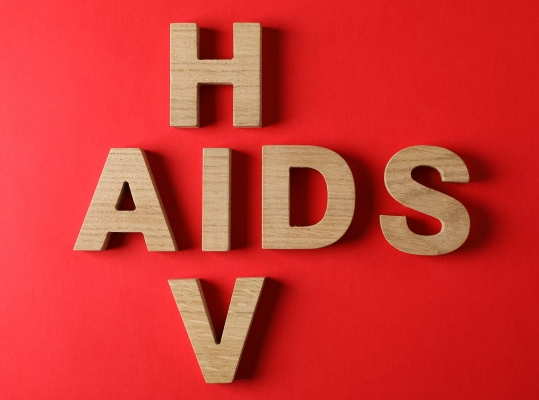AIDS=Acquired Immune Deficiency Syndrome 獲得性免疫缺損綜合征
HIV is a virus that attacks the immune system, our body's natural defence against illness.
艾滋病毒是一種攻擊免疫系統(tǒng)的病毒,免疫系統(tǒng)是我們身體抵抗疾病的天然防御。
If HIV is left untreated, a person's immune system will get weaker and weaker until it can no longer fight off life-threatening infections and diseases.
如果不對(duì)艾滋病病毒進(jìn)行治療,那么一個(gè)人的免疫系統(tǒng)就會(huì)變得越來(lái)越弱,直到它再也無(wú)法對(duì)抗危及生命的感染和疾病。
immune system 免疫系統(tǒng)
life-threatening 可能致命的;威脅著生命的。
His heart condition is not life-threatening.
他的心臟病不會(huì)致命。
Doctors say that his condition isn't life-threatening.
醫(yī)生說(shuō)他的情況沒(méi)有生命危險(xiǎn)。
infection 傳染,感染
have an infection 感染了
I think you've got a nasty throat infection, so you need to rest.
我覺(jué)得你應(yīng)該是喉嚨感染了,你要休息一下。
treat an infection 治療感染
Antibiotics are used to treat the infection.
抗生素是用于治療感染的。
spread an infection 傳染疾病
How AIDS spreads 艾滋病是怎樣傳播的
This can happen in several ways: 傳播可以通過(guò)以下幾種方式:
By having sex. 性交。
From blood transfusions. 輸血。
By sharing needles. 公用針頭。
During pregnancy or delivery or through breast-feeding. 通過(guò)懷孕、生產(chǎn)、母乳喂養(yǎng)。(母體傳染)











